¡Pura Vida! Costa Rica is the perfect destination for ecotourism: ethical tourism designed to respect and protect threatened natural areas and wildlife. Twenty-five percent of the country is a protected with over 32 beautiful national parks within just 19,730 sq. miles. Four percent of all species on Earth live within Costa Rica’s lush, verdant landscape.
Ecotourism in Costa Rica is quickly growing in popularity, making it easier than ever to find your perfect tour. But how do you differentiate between ethical eco-friendly experiences and others that aren’t so earnest? If you’re headed to the tropical biodiverse land of sloths and macaws and are considering booking a tour, we’ve got you covered with everything you need to know (and more).
Authentic ecotourism will prioritize people, planet, and wildlife. Fortunately, Ticos have a deep respect for Tierra Madre (Mother Nature) and support the nationwide efforts to make the country more sustainable. I was fortunate enough to spend two months in Costa Rica and fill my days with sustainable —and unforgettable— travel experiences. Here’s what I learned.
Ecotourism in Costa Rica is small (but packs a lot of adventure)
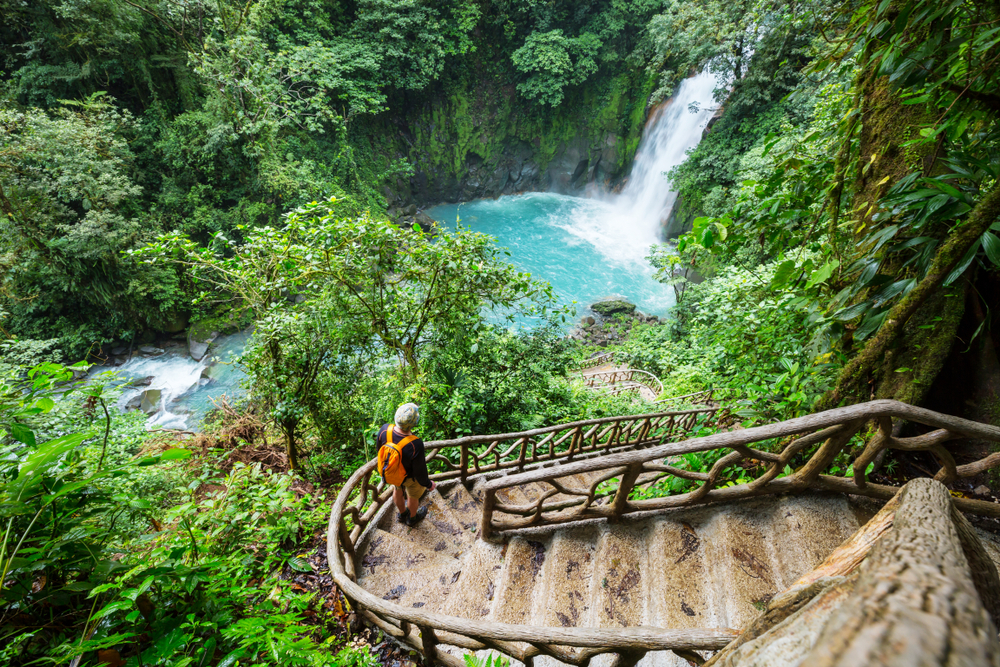
According to The Costa Rican Tourism Institute, nearly half of all international visitors participate in ecotourism. Ecotourism tours in Costa Rica usually focus on prolific wildlife observation, epic adventures in the great outdoors, or a mix of the two. Before you’re ready to book a tour, decide which areas of Costa Rica you’d like to explore and determine the wildlife you’d be thrilled to encounter.
As a rough guide, ecotours in Costa Rica usually are in these geographical areas:
Monteverde, Costa Rica

For canopy walks in Monteverde Cloud Forest and encounters with 52 different types of hummingbirds.
Manuel Antonio, Costa Rica
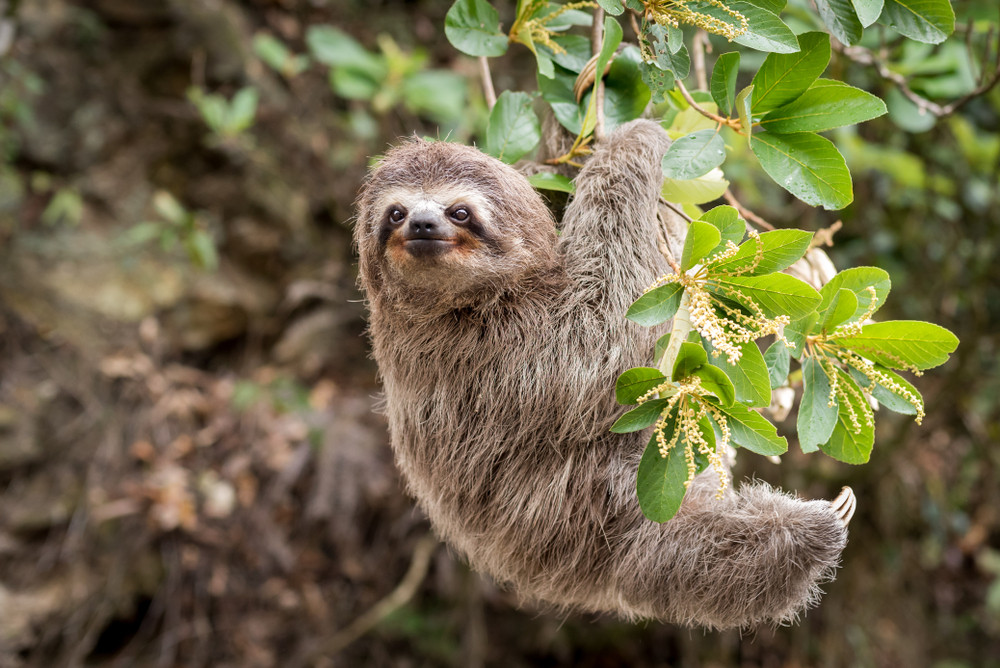
Manuel Antonio is a hotbed for many of Costa Rica’s more than 500,000 species, including elusive Costa Rican sloths, colorful tree frogs, and beautiful-yet-deadly eyelash vipers, making it the idea spot for ecotourism.
Uvita, Costa Rica
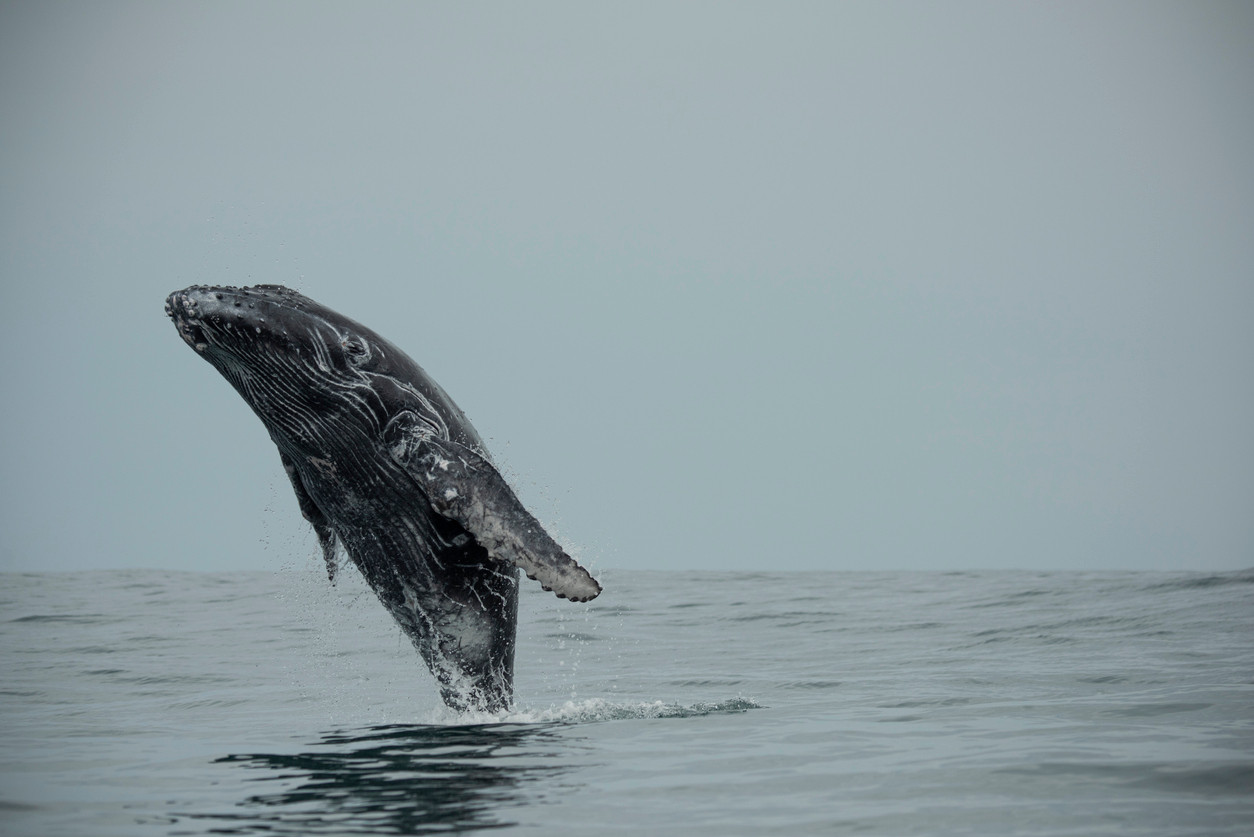
Head to Uvita, Costa Rica for surfing, spotting sloths, seasonal whale watching, and gorgeous rainforest mountain treks.
The Osa Peninsula, Costa Rica
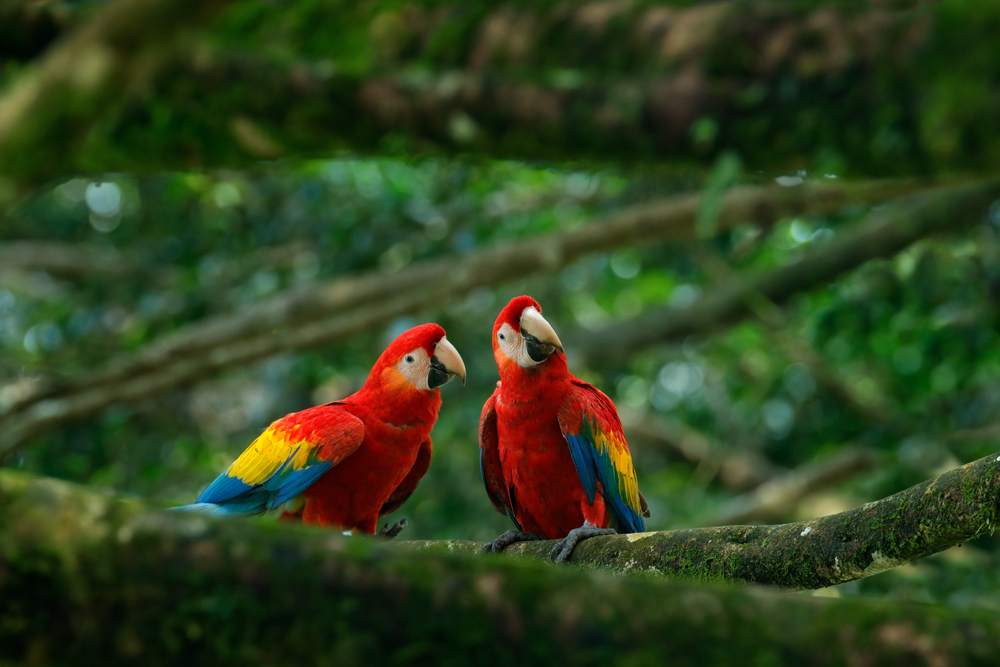
The Osa Peninsula where the tropical rainforest contains 2.5% of the world’s biodiversity on less than one-millionth of the planet’s surface. You may even see jaguars in Corcovado National Park and will very likely see macaws.
La Fortuna, Costa Rica

Hop over to La Fortuna for vistas of one of Costa Rica’s active Volcanoes: Arenal Volcano, plus endless opportunities for canyoning, rappelling down waterfalls, and soaks in natural hot springs.
Tortuguero National Park, Costa Rica
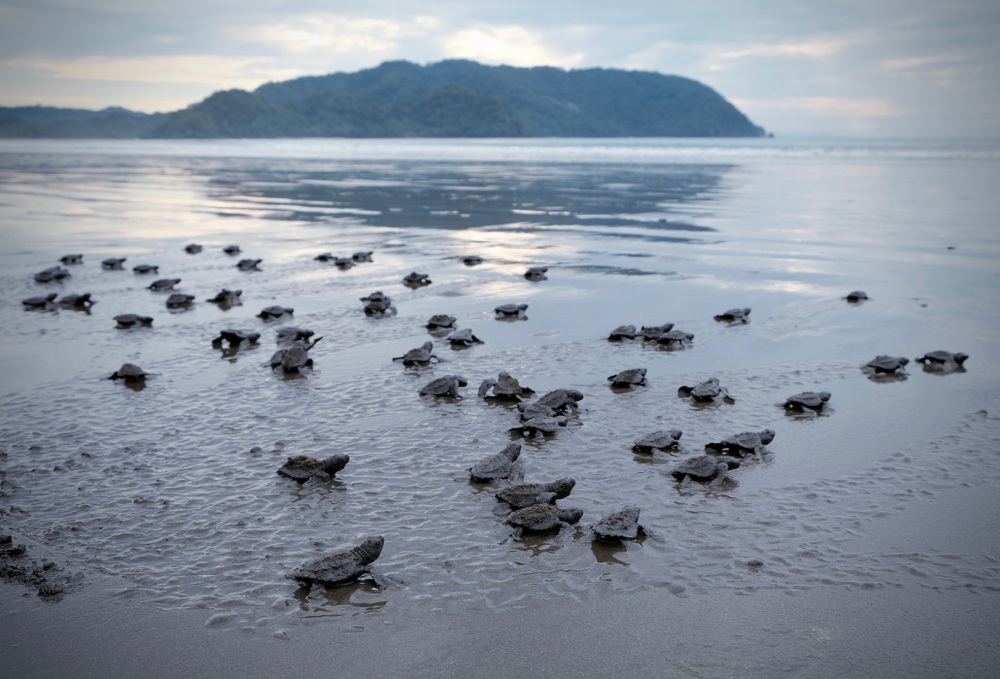
Tortuguero National Park has a 77,000-acre protected area and is the place to go for the best of ethical animal volunteer vacations, including seasonal sightings of sea turtles laying eggs and hatching.
How to identify a reputable ecotourism tour provider in Costa Rica:
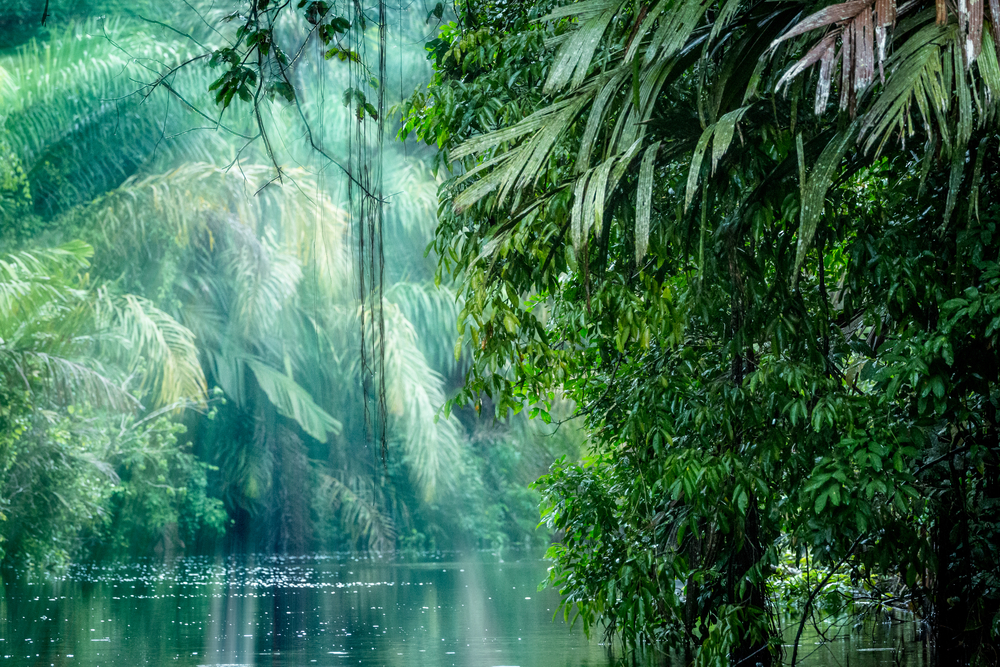
The Costa Rica Tourism Board created the Certificate for Sustainable Tourism to evaluate businesses in the travel sector regarding sustainable practices concerning the environmental, social, and economic policies of the company. Many reputable tour operators in the country have received the Certificate of Sustainable Tourism, but don’t rule out a company just because they haven’t yet been recognized.
Sadly, Impact Travel Alliance reports that greenwashing has led to sustainable places undergoing green hushing, which is described as the “deliberate under communication of sustainable initiatives.” Greenwashing has made eco-friendly businesses wary of backlash due to potential skepticism. Booking ecotourism tours in Costa Rica can be a bit challenging.
During my two months exploring Costa Rica, I booked ecotourism experiences with Desafio Adventure Company and Tucanes Tours. I also went on many eco-conscious tours offered by the eco-resorts where I stayed including Finca Rosa Blanca, Cala Luna, Rancho Margot, and The Retreat.
Greenwashing is minimally regulated, so responsible travelers will have to do their research and watch for red flags, such as phony jargon and slick advertising meant to fool the consumer.
Red flags to keep an eye out for when researching potential ecotourism tours in Costa Rica:

● Are there photos of people holding or feeding wildlife? If so, this is not genuine ecotourism as travelers should never interact with wildlife.
● Are there photos of animals in cages? Sadly, Costa Rica has very few genuine conservation projects for ill or injured wildlife, so it’s best to avoid any place with animals in captivity.
● Does the website or staff have readily available details on the tour’s eco efforts? If you’re noticing a lot of buzzwords but no concrete information as to why the tour is eco, then it probably isn’t.
● Do the staff get annoyed if you ask a lot of questions? It’s your right to get the full picture of the extent of what makes the tour eco.
Some questions to ask when booking ecotourism tours in Costa Rica:
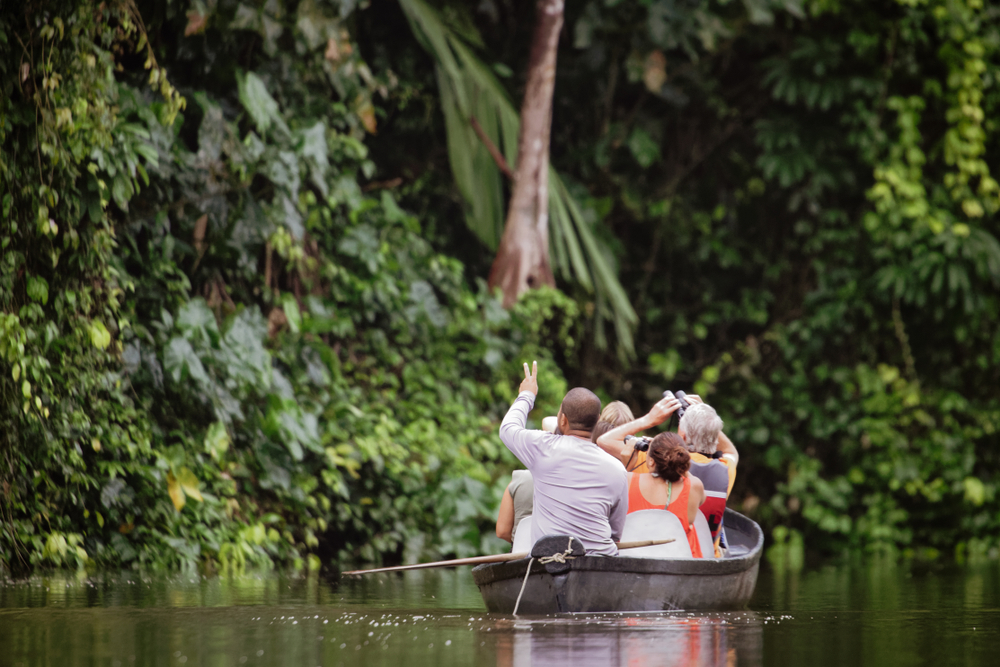
● Are the majority of employees local, even in upper management positions?
● What sort of training or licenses do the tour guides and operators have?
● How does the tour operator minimize its plastic waste?
● Do they guarantee animal sightings? This should never be done as we can’t promise when wild animals will come out and say hello.
● If you’re going on a multi-day experience, what kind of accommodations are you staying in? Costa Rica has so many eco-friendly hotels and local guesthouses and true ecotours will support these like-minded businesses.
Going on an ecotourism tour in Costa Rica is sure to be a memorable experience. Eco tours focus on local culture and people and ensure your money goes to businesses that support animal conservation and preservation of nature. By supporting conservation efforts, you’ll be a part of the ongoing efforts to preserve the phenomenal nature and animal kingdom in Costa Rica.